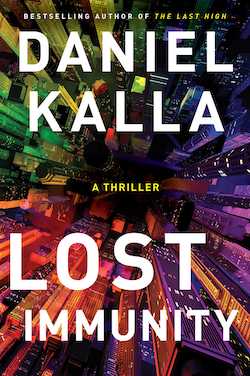Last week, a cluster of protesters, including at least two medical doctors, demonstrated on the lawn of the B.C. Legislature, reciting the now-boring litany of justifications for putting others at risk by refusing to be vaccinated against the coronavirus.
Griping from anti-vaxxers has become routine online and, for the most unfortunate among us, in family discussions and among friends. Invoking high ideals of freedom and dredging up quotes from great people in history to reinforce their narrative, many anti-vaxxers claim victimhood, driven either by ignorance of science or obstinacy.
What happened at the legislature last week was more galling than other such incidents, however. On a spectrum from the fairly innocuous act of an individual making ignorant remarks on social media to the atrocious behaviour of impeding emergency vehicles and making a ruckus outside hospitals, this one fell somewhere in the middle.
The demonstration was organized by Common Ground, a free distribution magazine originally focused on natural health and wellness but which has lately gone down conspiracy rabbit holes. The most recent issue warns: “Parents – Protect your children.” The sage advice on how to protect your kids includes rejecting the advice of every legitimate medical professional in North America.
There is also a rambling, full-page open letter to B.C. Attorney-General David Eby from anti-gay activist Kari Simpson, who runs a group called Culture Guard, which seems determined to guard a culture that most of us would prefer to see vanish. A centrefold of the Canadian Charter of Rights and Freedoms, along with multiple calls for the preservation of free speech, position conspiracy theorists as downtrodden voices of reason and goodness pluckily standing up to tyranny.
And here is where the Common Ground crowd goes particularly off course. The demonstration was specifically linked to the 75th anniversary of the Nuremberg trials. The unsubtle messages at the protest were that modern medical experts and those who follow their advice are ideological descendants of the Nazis and those who refuse the vaccines are defenceless voices of righteousness and reason, equivalent to the victims of the Holocaust.
The demonstrators hanged in effigy Health Minister Adrian Dix, Solicitor General and Public Safety Minister Mike Farnworth and Premier John Horgan. The effigies were a nod to the fact that, as a result of the Nuremberg trials, nine Nazi doctors were hanged for their participation in medical experimentation and other atrocities. Common Ground is, and the protest was, rife with assertions that the vaccines are a form of human medical experimentation. As one doctor who addressed the crowd said, the anti-coronavirus vaccines are “the most dangerous injection in the history of vaccination.” Uh-huh.
The invocation of the Holocaust and Nazism has been a pandemic within a pandemic. People have donned yellow stars to portray their perceived victimization and have shamelessly exploited the language and imagery of that epoch.
In an era when cultural appropriation is a cancelable offence, it seems Jewish history remains the ethical equivalent of public domain. Note that the grievous historical experiences of other peoples with traumatic histories are rarely, if ever, trotted out in quite this way.
If privileged, sanctimonious North Americans wanted to find a reason for justifiable indignation, they wouldn’t have to pick at the scabs of Jewish trauma. They could look at the real tragedy and injustice in the world today: global inequality in vaccination status. While many Canadians now expect a third dose, there are 1.4 billion people in Africa and only 7.8% are double-vaxxed.
But why focus on genuine, contemporary atrocities when one can play a victim in the crudest historical reenactment of the Holocaust and, somehow, incredibly, face the mirror and see a freedom fighter?

